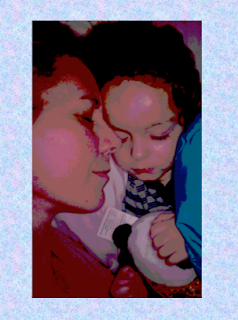
Today was full of telephone conversations spiked with follow up emails. With my ear hurting and my tongue talked off, I had one last call to make. It was minutes before 5 pm - the polite time to end business calls - when I pushed in the numbers.
Dave had contacted us almost a month ago to tell us he had coordinated a kick-off meeting in his town to spread the word about the happiness initiative. We had been exchanging erratic emails, and each time I made that to-do list, having a conversation with Dave came on the list, and did not get crossed off. Today I finally had the time to give him a call.
He said he had run into the Happiness Initiative when doing a web search for issues related to Israel and Palestine, and had decided to bring the idea to his area. I told him about the tool-kits, oriented him to the presentation John and I give that is now one of the “tools” in the toolkit, and a link to the videotape of a few talks we have given.
My day began with a long talk to a woman from Earth Institute coordinating a conference in NYC about the happiness movement. They plan to bring together leaders from the United Nations with leaders from Bhutan in preparation for a summit in Rio de Janeiro. I told her about our work, and how it is inspired by Bhutan, and how we are the only organization in the US offering anybody tools, resources and education to measure and manage the happiness (or rather, conditions of happiness/wellbeing/quality of life/sustainability). I asked her if we could attend the conference, because it would be really good for those who attend to know about what we are doing. It was a hard sell – not one of those conversations that leaves one feeling that hopeful. But the day ended with talking to Dave. And this felt really good. This project is designed to empower people so they can take the measuring of the wellbeing of their community into their own hands, and gather the data they need to work with policy makers to make meaningful changes. I believe that if we can make a difference, it’s going to be from the ground up. It would be nice for the officials from the UN and Bhutan to know about us, but its even better to be able to work with people like Dave.
Laura Musikanski- ED of HI





